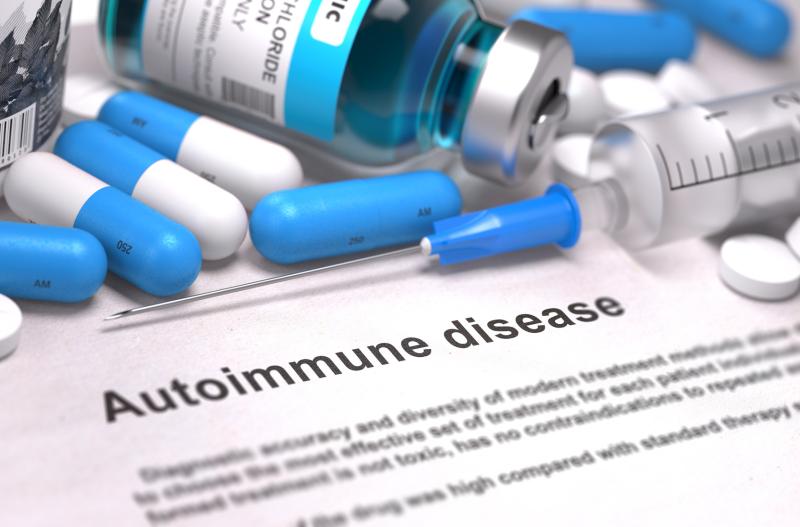
Patients with primary aldosteronism are at higher risk of incident new-onset autoimmune disease (NOAD) and all-cause mortality than individuals with essential hypertension, and such risk persists even in those treated by adrenalectomy or mineralocorticoid receptor antagonist (MRA), according to a recent study.
This study sought to investigate the long-term incidence of a variety of NOAD among patients with primary aldosteronism, as hyperaldosteronism had been postulated to have an association with autoimmune disorders.
The authors used a validated algorithm to ascertain the identification of primary aldosteronism, essential hypertension and NOAD and all-cause mortality from Taiwan’s National Health Insurance Research Database with a 23-million population insurance registry.
A total of 2,319 primary aldosteronism patients without previously autoimmune disease were identified and propensity score-matched with 9,276 patients with essential hypertension from 1997 to 2009. Among those with primary aldosteronism, 806 were identified with aldosterone-producing adenomas (APA) and matched with 3,224 essential hypertension controls.
NOAD incidence was significantly greater in the primary aldosteronism group than in controls (hazard ratio [HR], 3.82; p<0.001), as well as in APA patients compared with its matched essential hypertension counterparts (HR, 2.96; p<0.001).
After a mean follow-up of 8.9 years, primary aldosteronism patients who underwent adrenalectomy (HR, 3.10; p<0.001) and were treated with MRA (HR, 4.04; p<0.001) remained at increased risk of NOAD incidence compared with essential hypertension controls.
“This observation supports the theory of primary aldosteronism being associated with a higher risk of multiple autoimmune diseases,” the authors said.